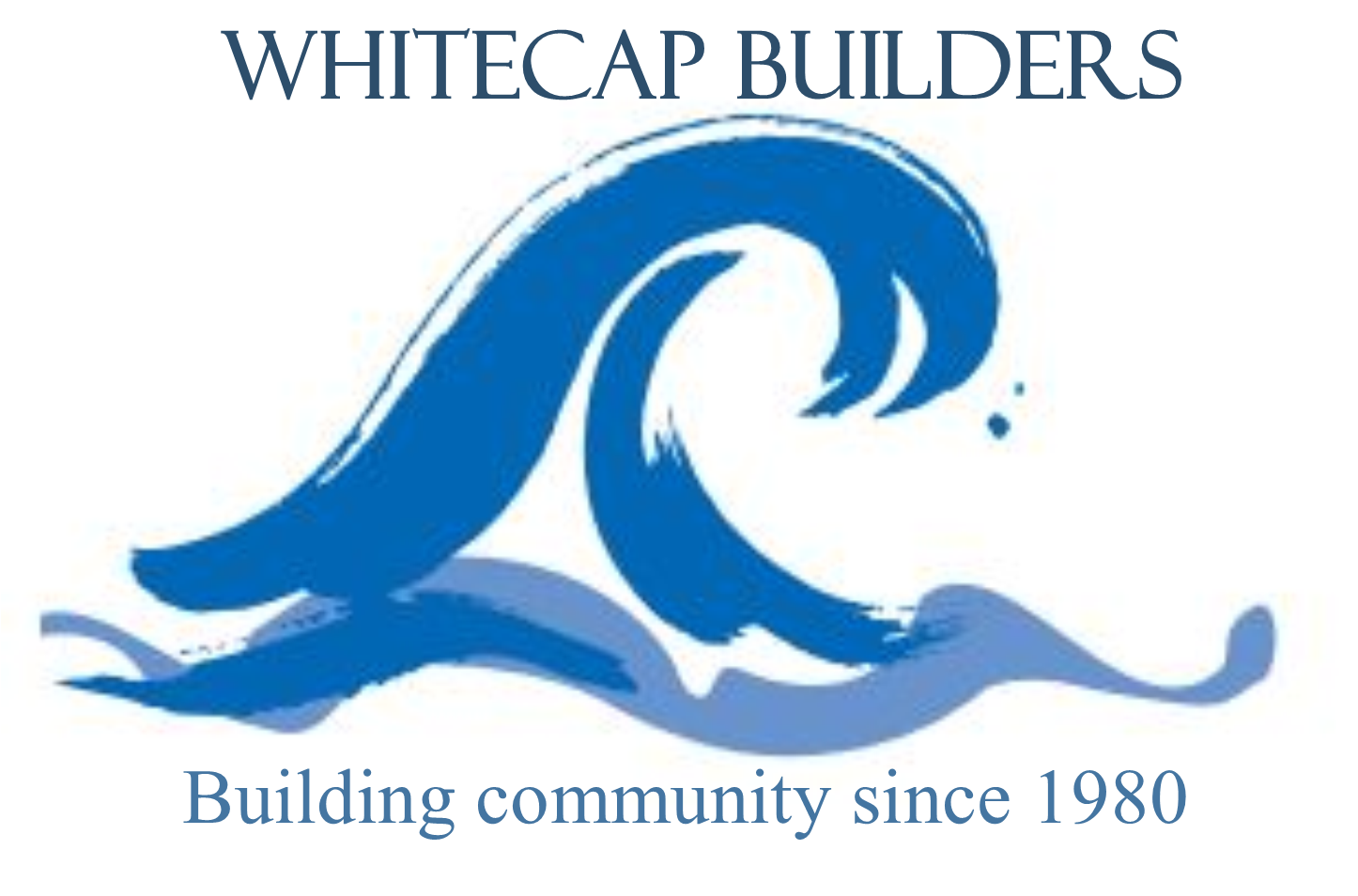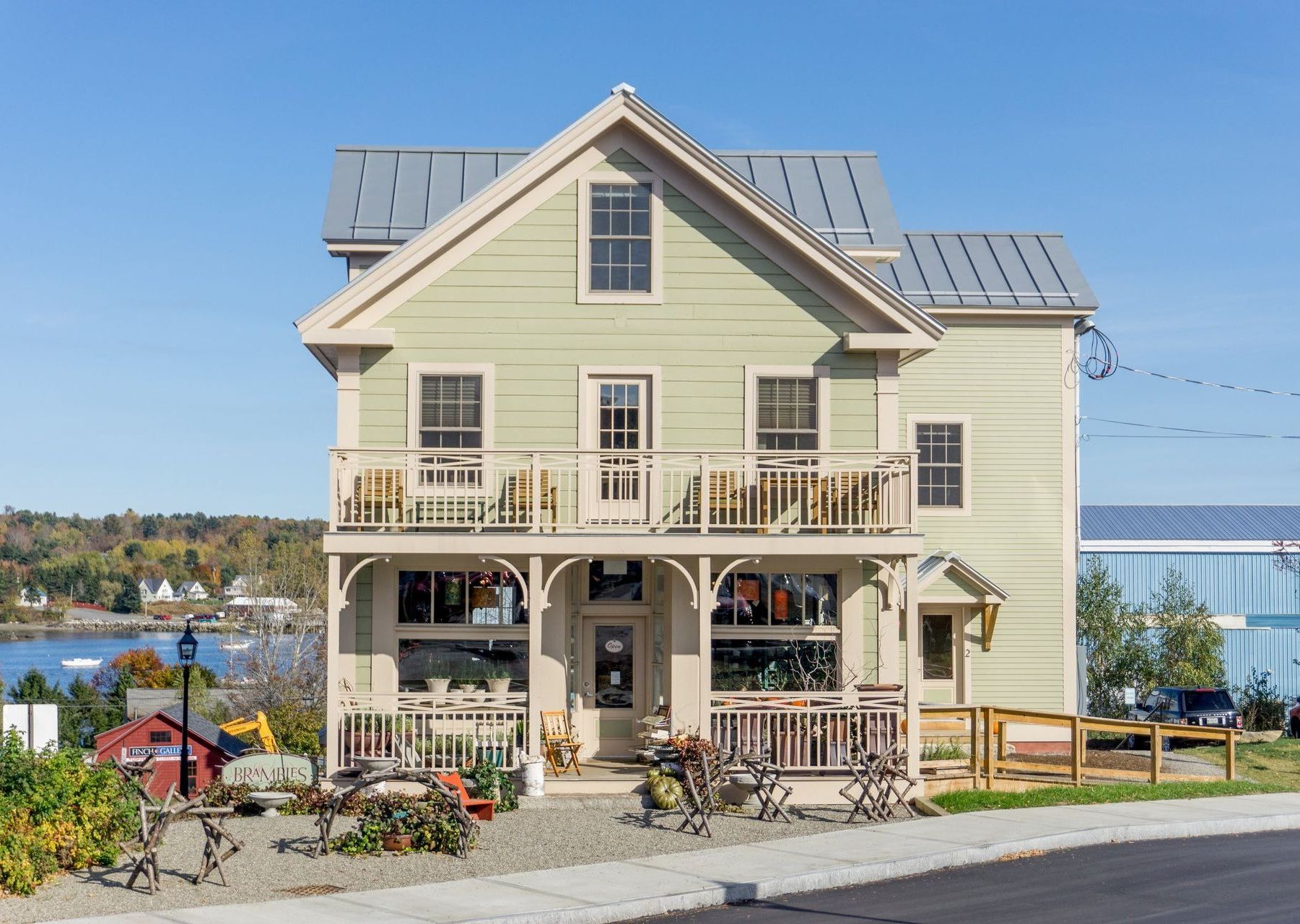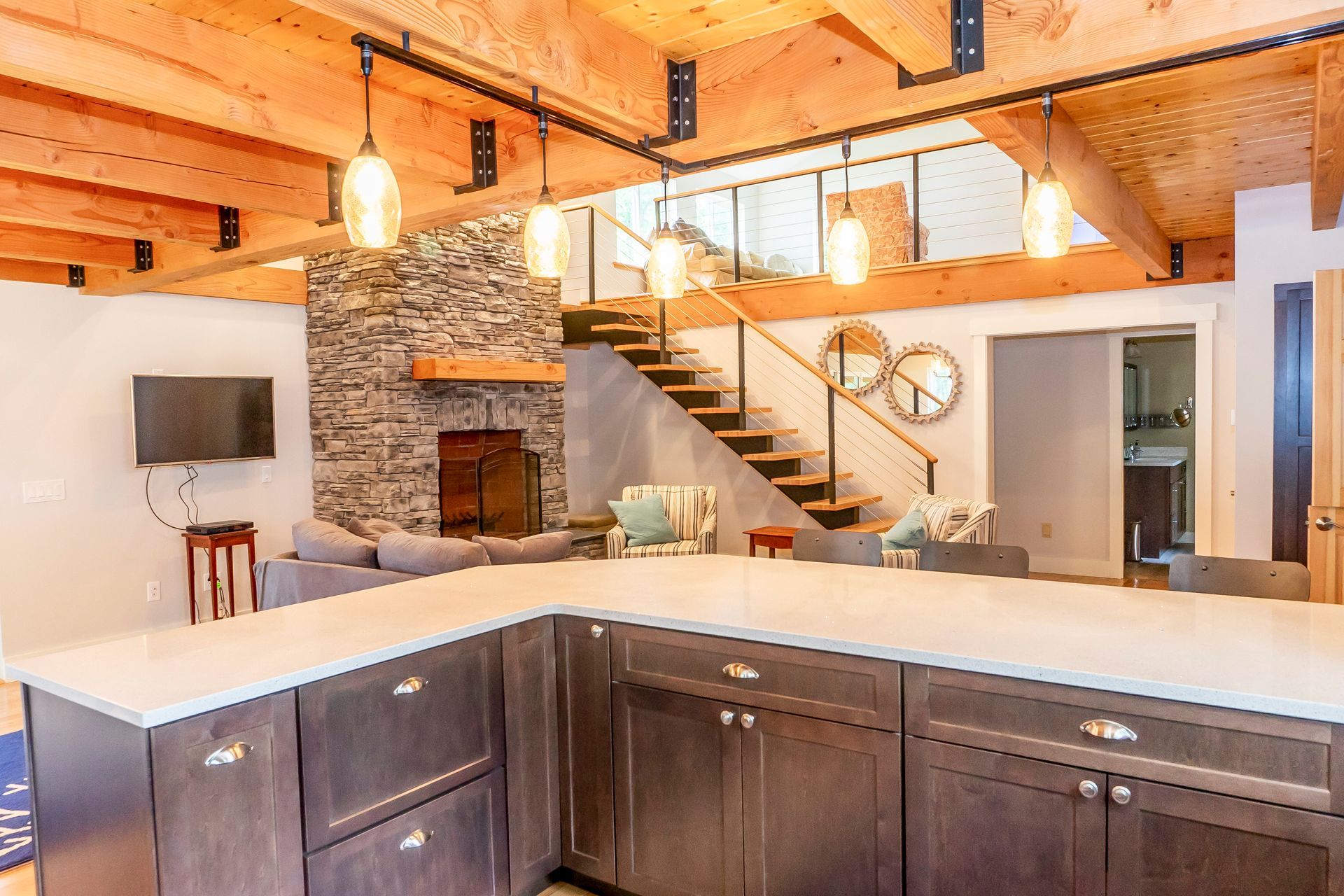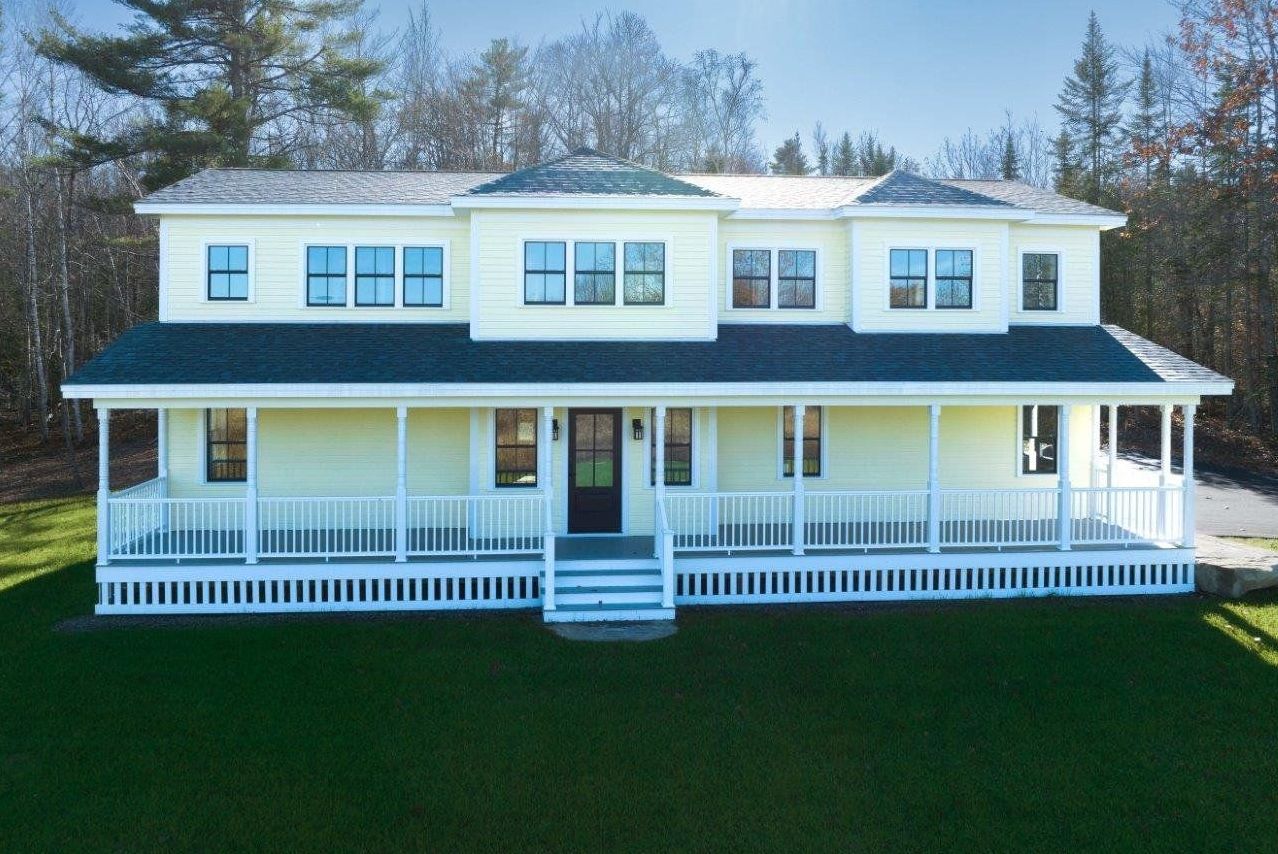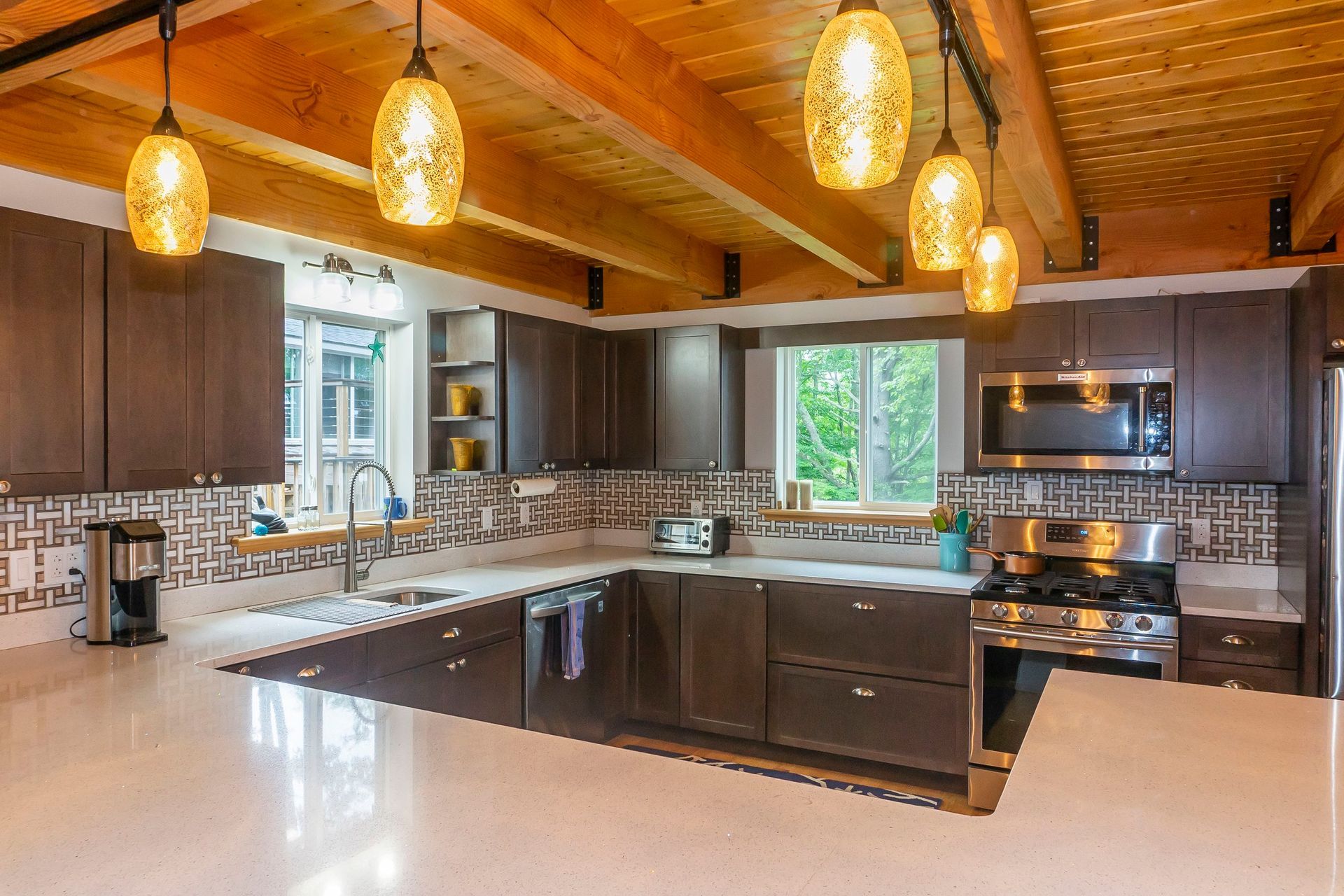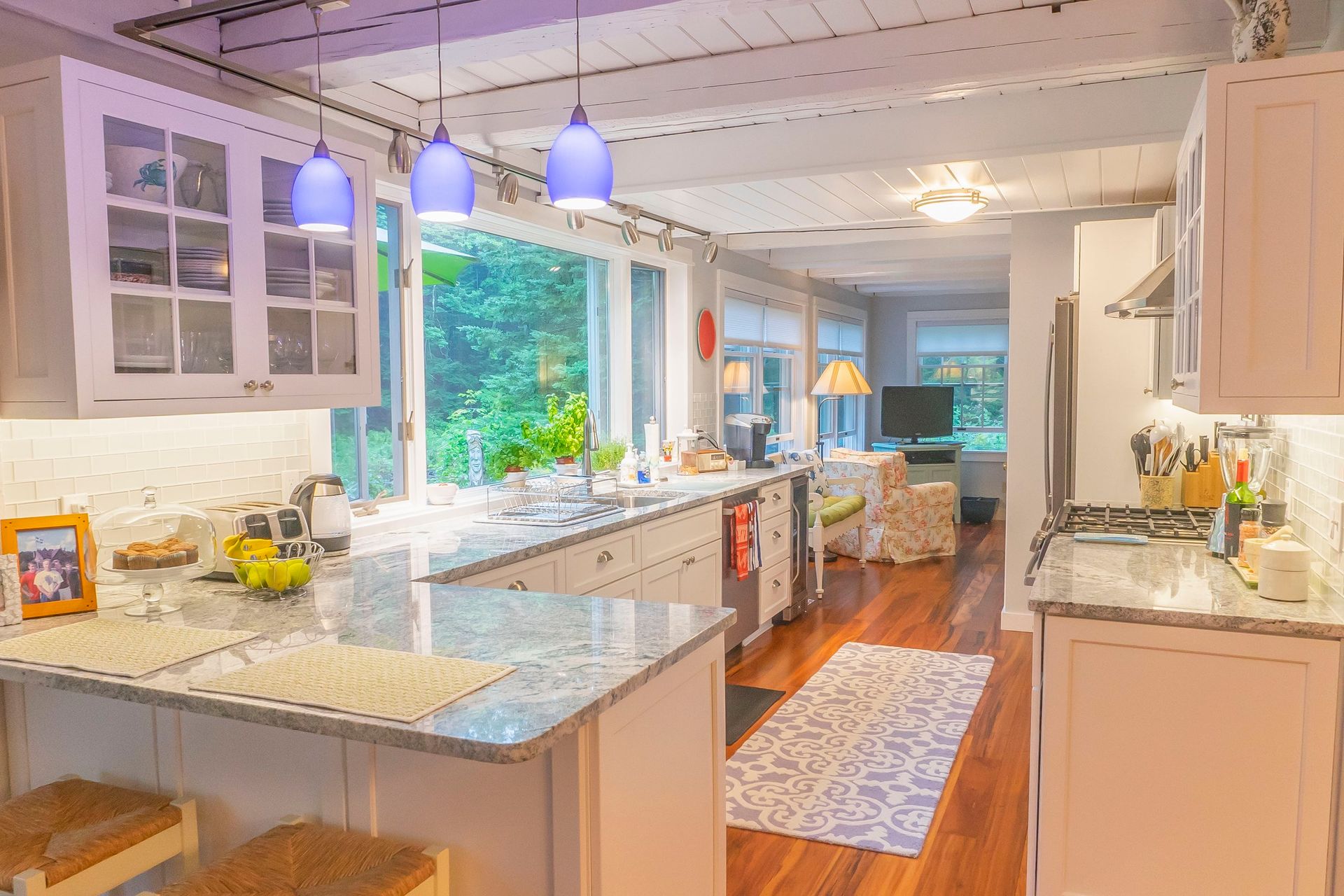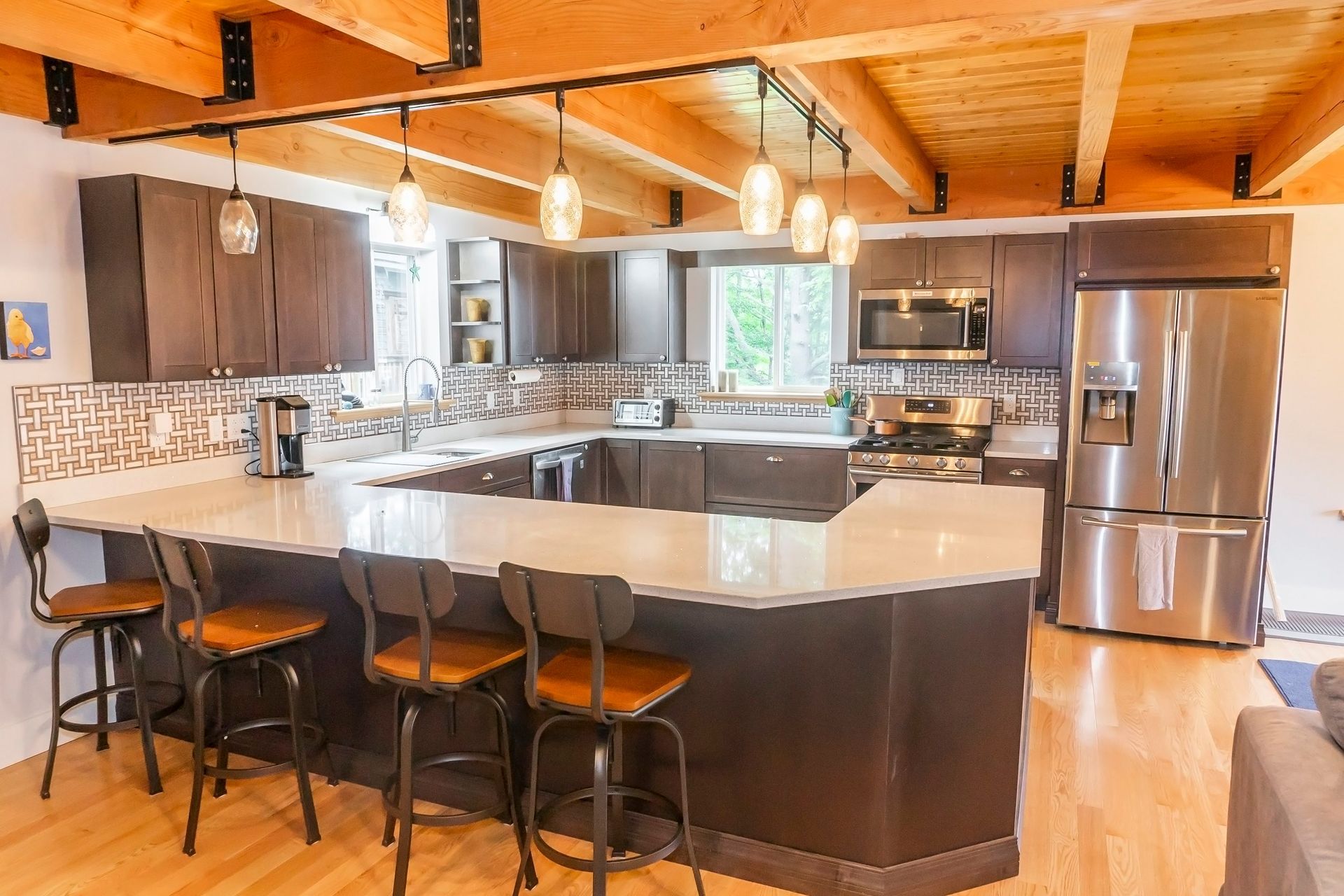How to Tackle Budget Overruns in New Construction Home Projects
Building your dream home is exciting, but unexpected costs can quickly add stress to the process. Budget overruns are common in new construction projects, making it harder to stay on track financially and stick to your plans.
The good news? With some smart planning and simple strategies, you can avoid most surprises and keep your project moving smoothly. In this post, we’ll share tips to help you manage your budget, handle unexpected expenses, and communicate effectively with your contractor. Let’s make building your new home a rewarding and stress-free experience!
What Are Budget Overruns?
Budget overruns happen when the costs of building a new home end up being more than expected. This can create financial stress for homebuyers and delay the construction process. Overruns also make it harder to stick to the original plan, sometimes leading to compromises in the quality of your new home.
Why Do Budget Overruns Happen?
There are several reasons why building costs can spiral out of control:
Inaccurate Planning
Missing key expenses, like permits or site preparation, can lead to surprise costs.
Unexpected Expenses
Prices for materials like wood and steel may increase, and labor shortages in areas like Virginia, Georgia, or Colorado can drive costs higher.
Design Changes
Altering the floor plan or upgrading materials during construction adds extra expenses.
Delays
Issues like bad weather in states like North Carolina or Rhode Island or problems with permits can stretch the timeline and inflate costs.
How Budget Overruns Affect Your Project
Budget overruns can have a big impact on your home construction project. For example:
- A family in Pennsylvania had to stop work on their new home after unplanned foundation repairs drained their funds.
- A Maryland homebuyer faced months of delays on their townhome because of material shortages, pushing back their move-in date.
These challenges can add stress, delay your move, and affect your overall satisfaction with your new home. By understanding why budget overruns happen, you can better plan for a smoother and more enjoyable home-building experience.
Common Causes of Budget Overruns
Budget overruns can happen during the construction of new homes, creating stress and delays for homebuyers. Here are some common reasons why projects go over budget:
1. Inaccurate Budget Planning
- Missing important costs, like permits or utility connections, can throw off your budget.
- Skipping a contingency fund for unexpected expenses often leads to trouble later in the build process.
2. Rising Material Prices
- Materials like lumber, concrete, and steel can become more expensive due to demand in places like Georgia and Virginia.
- Supply chain disruptions can cause price hikes, adding to the cost of your construction home.
3. Labor Issues
- A shortage of skilled workers in areas like Colorado or North Carolina can increase labor costs and extend timelines.
- Delays caused by finding the right team for specialized tasks can add unexpected expenses.
4. Changes During Construction
- Altering the floor plan or upgrading finishes mid-project increases both costs and delays.
- Even small changes, like better fixtures, can add up quickly and strain your budget.
5. Problems with the Land
- Issues like poor soil, water drainage, or hidden environmental hazards can require expensive fixes.
- These unexpected problems often delay work and increase costs.
6. Permit Delays
- Waiting for permits or inspections can slow the project, especially in states like Rhode Island or South Carolina with strict rules.
- Delays in approvals may force work rescheduling, leading to higher costs.
Being aware of these common causes can help you work closely with your home builder, plan better, and keep your new construction home project within budget. Clear communication and careful planning are key to avoiding surprises and enjoying a smooth home-buying experience.
Tools and Resources to Manage Budgets Effectively
Keeping your budget under control during a new construction home project can be challenging, but the right tools and resources can make it easier. Here are some practical options to help you stay on track:
1. Budgeting Software
Apps like Buildertrend and CoConstruct are excellent for tracking your expenses. They let you organize costs for materials, labor, and other expenses, ensuring you don’t miss anything important during the build process.
2. Project Management Tools
Mobile apps with real-time updates help you monitor timelines and expenses as your project progresses. These tools keep you informed and allow quick adjustments to your construction home schedule when needed.
3. Online Price Comparison
Use websites to compare contractor bids and material prices. This is especially helpful in areas like Georgia, Maryland, and Colorado, where costs can vary significantly. Finding the best deal ensures your budget stretches further.
4. Consult with Local Experts
Experienced consultants can review your budget, timeline, and floor plan to help you avoid costly mistakes. Experts familiar with local markets can provide valuable insights and keep your project running smoothly.
Using these tools and resources helps homebuyers manage their budgets effectively and stay focused on creating quality homes. Whether you’re building in new subdivisions or established communities, staying organized and informed ensures a successful home construction project.
How to Handle Budget Overruns If They Happen
Budget overruns can be stressful, but there are ways to get back on track. Here’s how you can handle the situation effectively:
1. Find Out What’s Causing the Problem
Figure out what’s driving the extra costs. Is it higher material prices, unexpected labor charges, or changes to your floor plan? Pinpointing the cause helps you focus on fixing it.
2. Adjust Your Priorities
Take a step back and decide what’s most important. Postpone features that aren’t urgent or choose more budget-friendly options for materials. This approach lets you manage costs while still creating a quality home.
3. Talk to Your Contractor
Have an open conversation with your home builder. Ask about ways to cut costs, like using different materials, shortening labor hours, or simplifying parts of the project. Good communication can uncover practical solutions to keep things moving.
4. Review Your Financing Options
If the extra costs are too high to cover, explore financing options carefully. Consider construction loans or additional funding, but only if it fits within your overall budget. Homebuyers can also seek advice from their real estate agent on financing strategies.
By taking these steps, you can manage budget overruns and keep your new home project on track. Staying flexible and proactive ensures you move forward without too much stress.
How to Tackle Budget Overruns in New Construction Home Projects
Taking control of your budget during a new construction home project can save you time, money, and stress. Here are the key benefits of managing your finances wisely:
1. Finish Your Project Without Money Worries
Sticking to a budget helps you complete your home construction without unexpected financial pressure. When you plan carefully, you can focus on building your dream home without worrying about running out of funds.
2. Keep Your Home’s Quality High
A well-managed budget lets you focus on what matters most. You can choose quality materials and essential features without cutting corners, ensuring your new construction home looks great and meets your needs.
3. Build Better Relationships with Contractors
Being upfront about your budget with your homebuilder or contractors helps avoid confusion. Good communication keeps everyone on the same page, making the building process smoother for both you and your team.
4. Make Post-Construction Easier
Managing your budget well means you’ll have funds ready for important tasks after construction, like landscaping, furnishing, or utility setups. This makes settling into your new home easier and more enjoyable.
Effective budgeting is the key to a stress-free home-buying experience. It ensures your new home in the community.
Additional Tips for Keeping Your Construction Budget on Track
Staying on budget while building a new home doesn’t have to be difficult. Here are some simple ways to keep your expenses under control:
1. Avoid Last-Minute Changes
Changing your floor plan or materials during construction can quickly increase costs. Stick to the original plan as much as possible to avoid extra expenses and delays.
2. Check Expenses Regularly
Go over expense reports with your contractor often. This helps you catch any unexpected costs early and ensures your construction home stays within your budget.
3. Focus on Essentials First
Put your budget toward important features, like quality insulation or energy-efficient windows, before considering upgrades. This ensures your money goes to what matters most.
4. Compare Prices for Materials and Vendors
Take the time to research different suppliers and materials to find good deals. Homebuyers can look into local vendors for competitive pricing.
By following these tips, you can manage your construction budget effectively and reduce stress. Careful planning and regular check-ins make it easier to build the home you want while staying within your financial limits.
Why Planning for Budget Overruns is Essential
Budget overruns are common in new construction home projects, but planning ahead can help you avoid unnecessary stress. Here’s why it’s important to prepare for extra costs:
1. Be Prepared for Surprises
Building a new home can come with unexpected challenges, like higher material prices or delays. Setting aside extra funds helps you handle these surprises without feeling overwhelmed.
2. Stay in Control of Your Budget
Having a contingency plan for additional costs keeps your finances on track. It allows you to cover unexpected expenses while still focusing on important parts of your project, like your floor plan or energy-efficient upgrades.
3. Keep Your Project on Schedule
By planning for extra costs, you can avoid delays that might disrupt your timeline. Staying ahead of potential overruns ensures your project moves forward smoothly.
Taking these steps will help you stay within budget and enjoy the journey of creating your dream home.
Frequently Asked Questions
How do you finance new home construction?
Financing a new home build is different from buying an existing home. Most people use a construction loan, which covers the building costs as the home takes shape. Once construction is finished, this loan usually converts into a regular mortgage. While it might sound a bit tricky, working with a reliable lender and having a solid budget can make the process much smoother and less stressful.
Is it better to buy new construction or existing home?
New construction homes can be a smart choice if you want to save on maintenance costs. Since everything is brand new—plumbing, wiring, appliances—you’re less likely to face expensive repairs. In fact, the American Housing Survey found that only 26% of homeowners spend $100 or more each month on maintenance. With fewer surprises and lower upkeep, new homes can be a great option for peace of mind and your wallet!
What is the meaning of new construction?
New construction means a home that’s completely built from scratch or let’s say a newly built homes—brand new and untouched. Unlike renovated homes that mix old and new features, everything in a new construction is fresh, from the walls to the plumbing. Buying one can feel like starting with a blank slate, but it often comes with its own unique purchase process. It’s an exciting journey, but it’s good to be prepared!
What is the most affordable new home build?
Manufactured or modular homes are your best bet for saving money. Built-in factories with efficient designs and bulk materials, they cut down on waste and keep costs low. Plus, workers have everything they need in a controlled environment, making the process quick and cost-effective!
What is the most expensive part of a new build?
Framing is the priciest part of building a home. It forms the backbone of the structure, supporting everything else. The expense comes from the high-quality materials needed, the labor-intensive work, and the precision required to ensure the structure is strong and safe. It’s a critical step that lays the foundation for the rest of the build.
Build Your Dream Home with Whitecap Builders
Managing budget overruns doesn’t have to be stressful. With smart planning and the right team, you can bring your vision to life smoothly.
At Whitecap Builders in Belfast, Maine, we specialize in home renovations, new construction, additions, earthwork, and carpentry. As a locally owned company, we’re committed to delivering quality results that match your goals.
Ready to get started? Contact Whitecap Builders today, and let’s create the home you’ve always dreamed of!

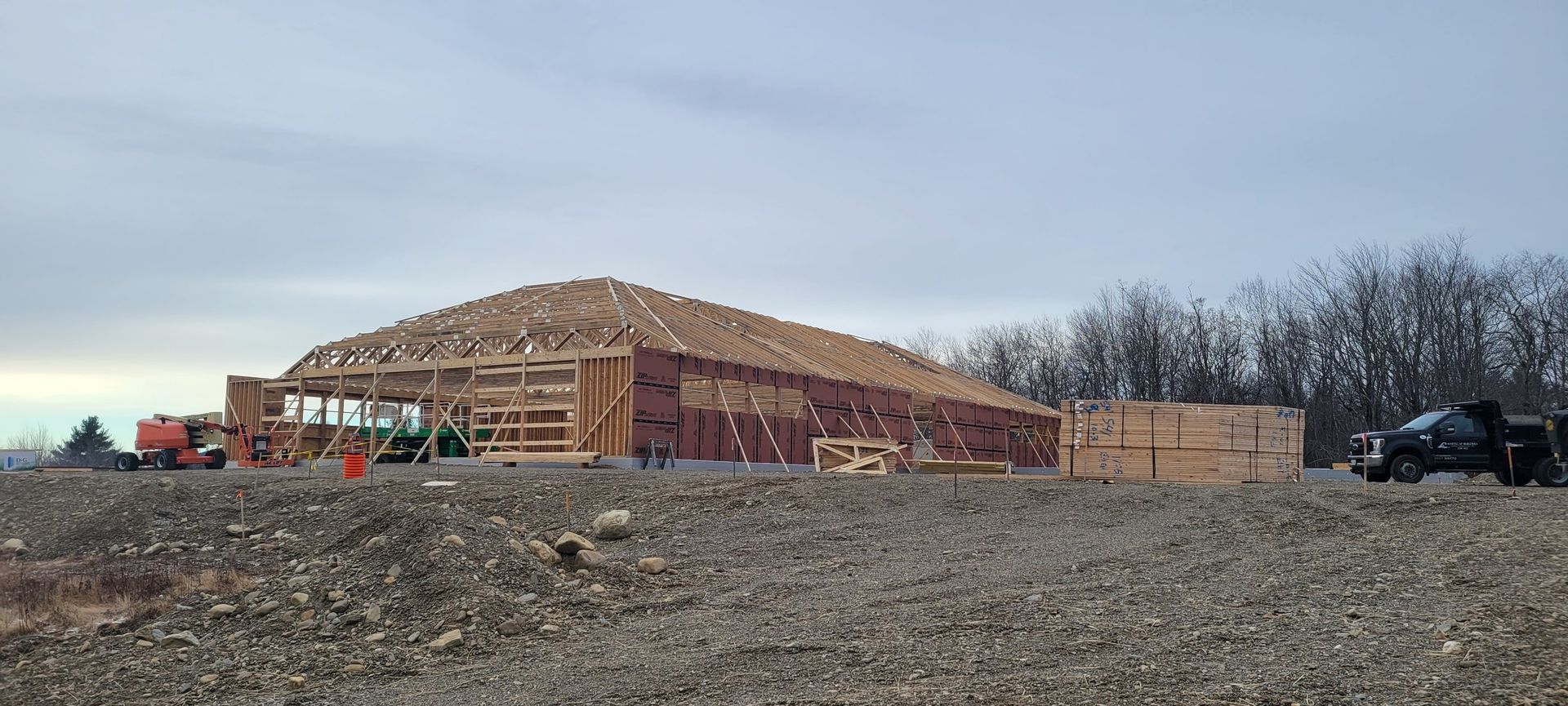
Contact
Our Services
Whitecap Builders | Designed and Built by Quantum Hawk
